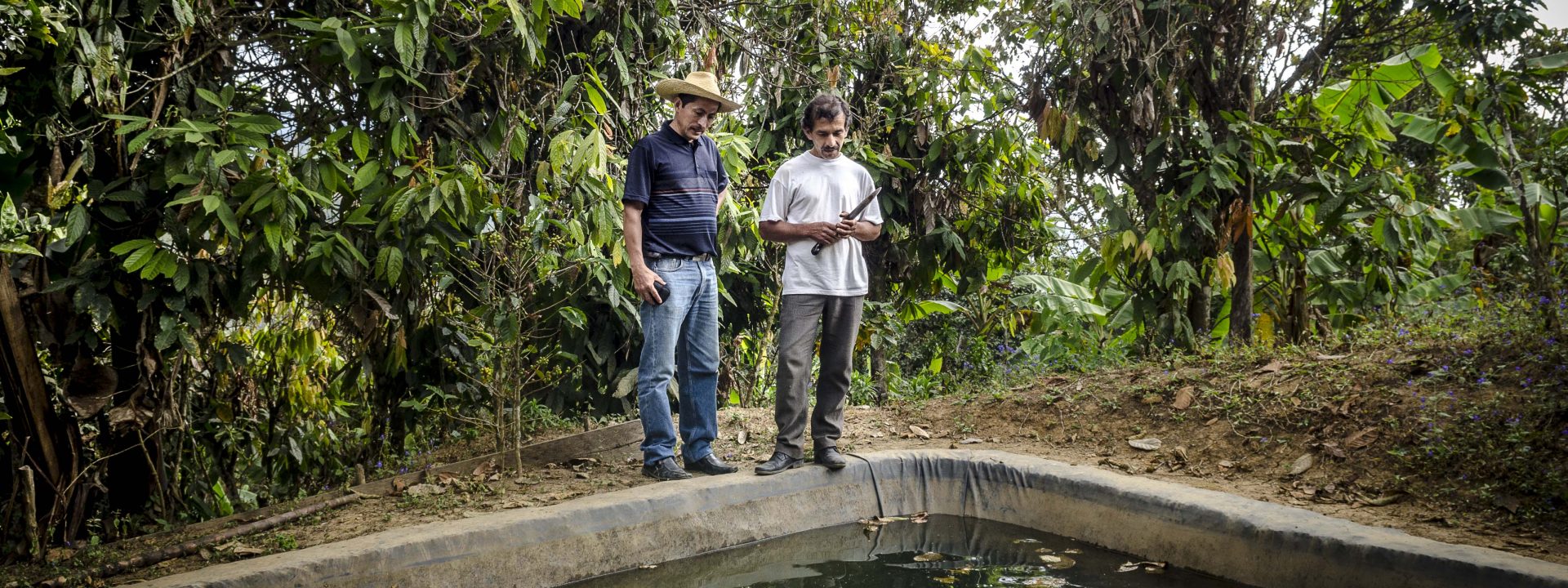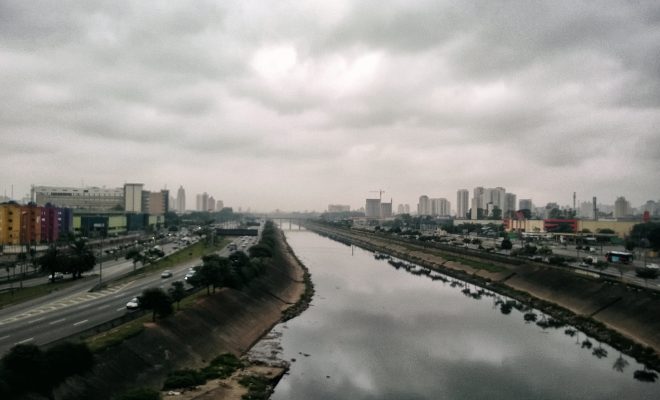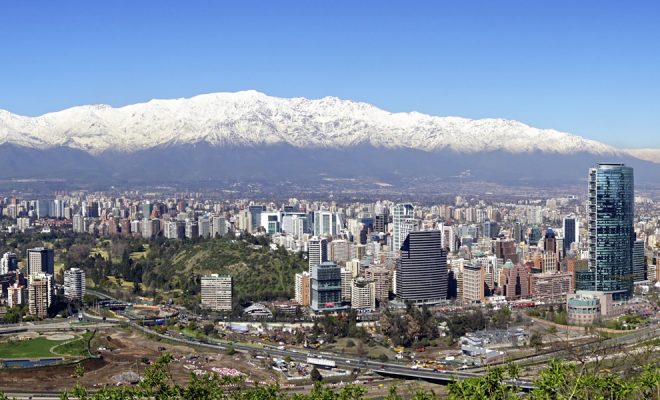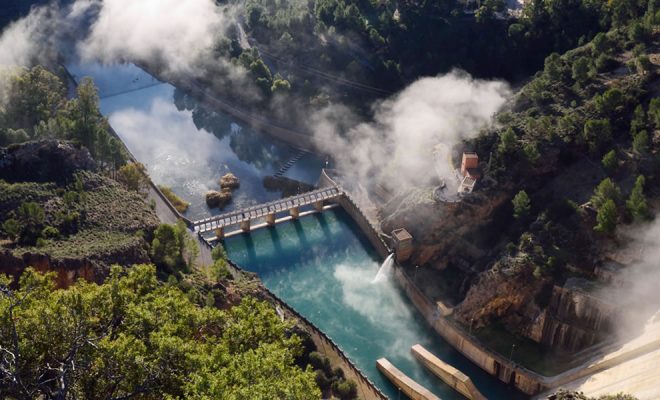
“The high inequality is an historic and structural feature of Latin American societies, it is the key element that explains the water crisis in the area, being an obstacle for a sustainable development. Today I focus my interest on how water and injustice are a problem for democratization and the attainment of the SDGs.“
Dr. José Esteban Castro started the third talk of the series “Water and metropolis”, which took place at the Roca Barcelona Gallery on the 29th November, with this basic approach to his work. The Argentinian sociologist and political expert residing in England has an important academic curriculum that includes the Universidad Nacional de Buenos Aires (UBA), the Latin American Faculty of Social Sciences (FLACSO) in Mexico, Oxford University, the London School of Economics and Political Science and the University College London. He is currently Emeritus Professor of Sociology at the University of Newcastle and coordinator of the research, teaching and action network WATERLAT-GOBACIT devoted to the issue of politics and water management.
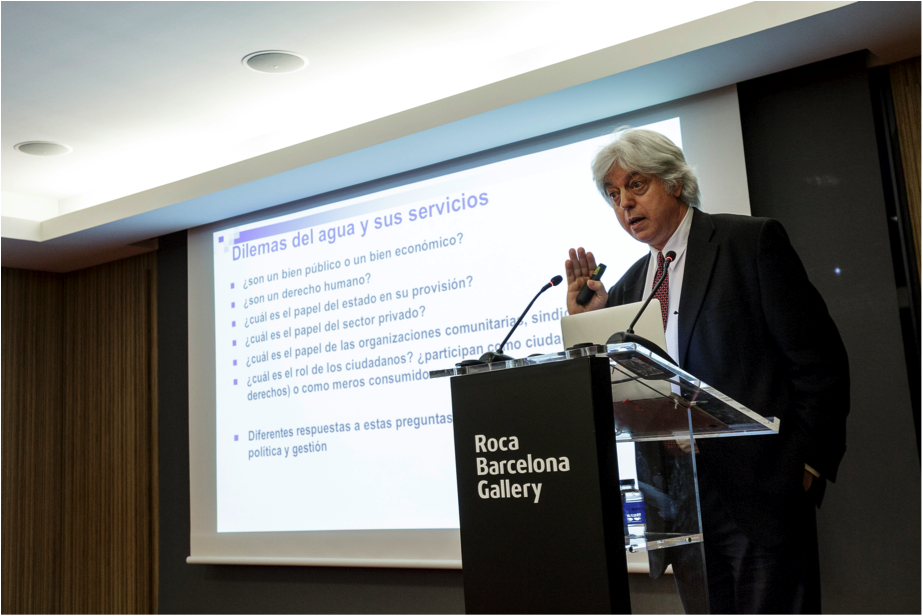
The solution is political
For Castro, one of the greatest world experts in issues that connect water resources and politics, the access to water and inequality cannot coexist. In his current work he denounces the social and environmental inequality as one of the factors that needs to be solved by governments: “The water crisis does not only have a technological dimension, the problem and the solution are of a fundamentally political nature. It is not the lack of water, it is the political crisis that does not allow everyone to have water and a sanitation system.”
According to the Argentinian political expert, “there is a great fragmentation in Latin America and the existence of integrating and democratizing movements is a cause for celebration, as they favor the approach of the water problem and poverty; however, there is no debate on the unsustainability of the current development model.”
Castro points out that the official data on the attainment of the Millennium Development Goals (MDGs) should be read with caution:“The reports acknowledge that the fact that more people have access to improved water sources does not necessarily mean that they receive adequate water for human consumption and frequently these advances led to the growth of injustice and inequality in the most disadvantaged regions and to a weakening of democracy.”

Soy fields in Santa Rosa, RS. Rio Grande do Sul. Brazil. ©Leandro Kibisz
The extractivist model, a hindrance to sustainable growth
Castro explained that Latin America, where 70% of the exports are raw materials, is a continent where extractivism prevails, thus generating a great environmental impact and many socioeconomic conflicts. The Argentinian expert pointed out different exploitation examples, with mining and soy faming as highlights, two paradoxical activities in the economic development of Latin American countries, as they improved poverty but caused great water problems:”Mining is one of the greatest water pollution causes in Latin America, as there is no effective legislation to control it. Soy farming also leads to single-crop farming and pollutes the aquifers with pesticides.”
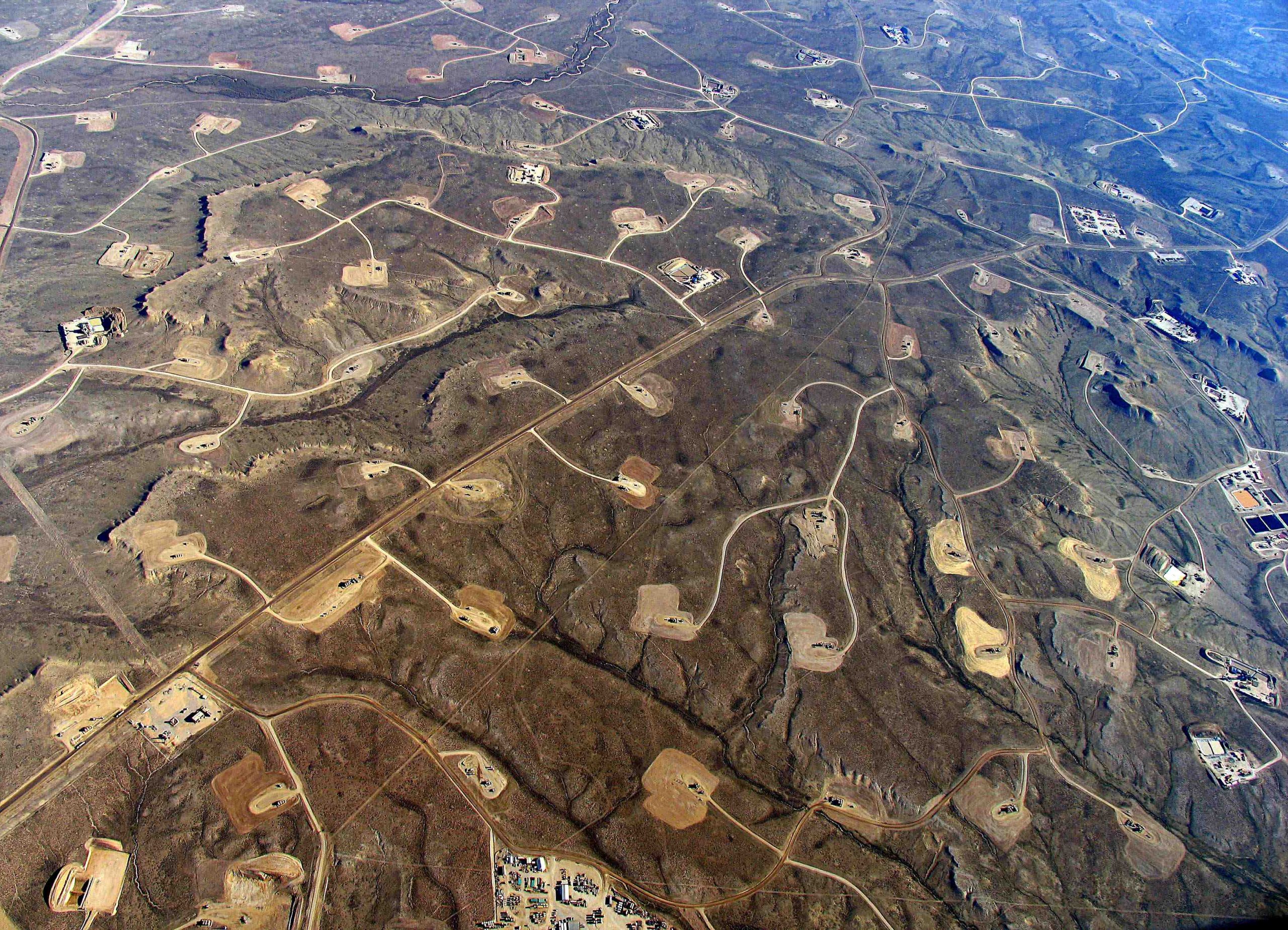
In areas where shale-drilling/hydraulic fracturing is heavy, a dense web of roads, pipelines and well pads turn continuous forests and grasslands into fragmented islands. © Simon Fraser University – University Communications
Castro also complained about the absence of legislation to stop fracking, a highly contaminating activity that affects ground water and is expanding to many Latin American countries. He also detailed other practices that generate environmental imbalance and social injustice and are fairly unknown, such as the destruction of the mangroves by shrimp-farming companies, which is driving entire communities into poverty and environmental unbalance when the resources are exhausted and the practices are abandoned.
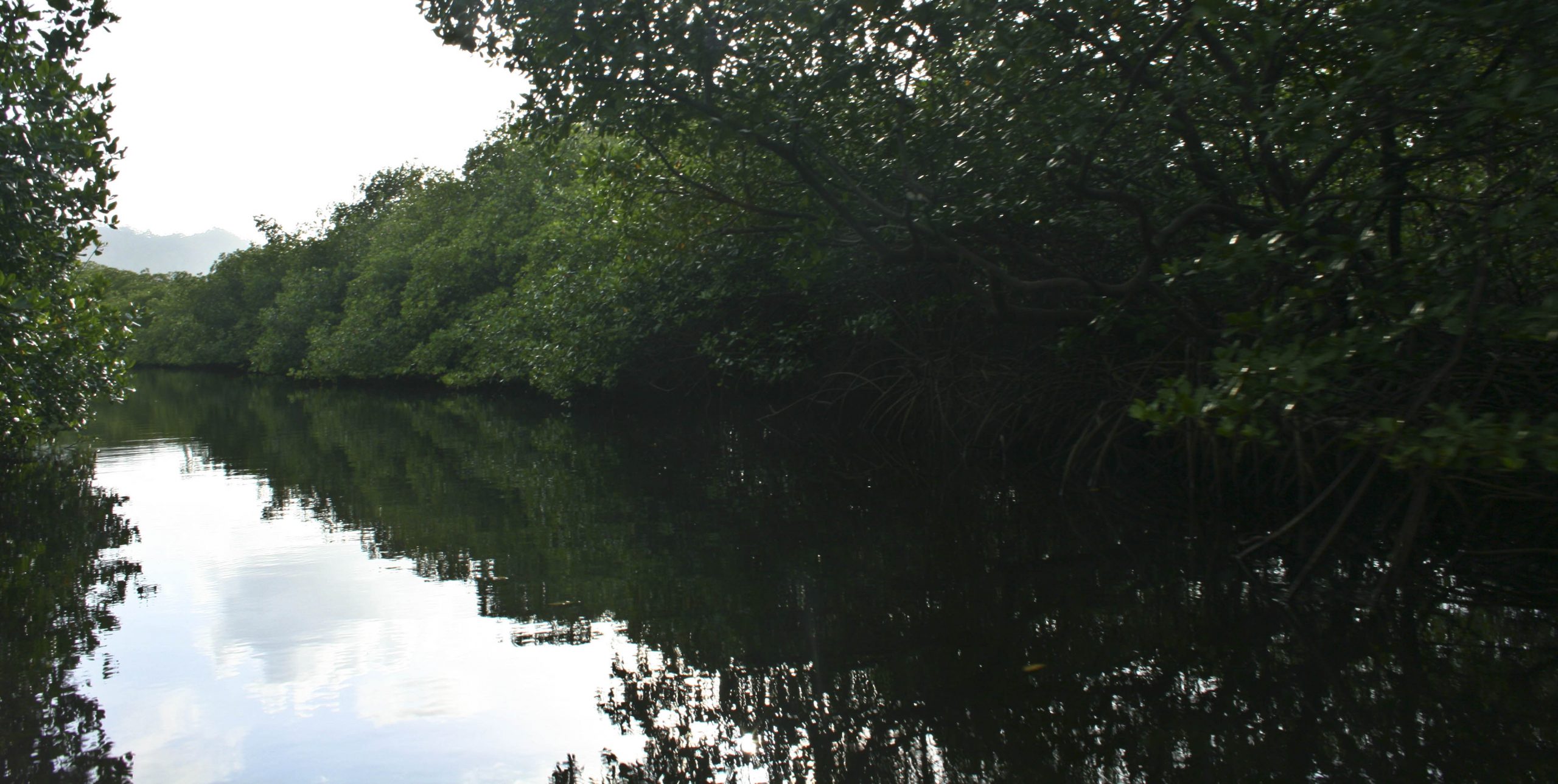
Mangrove Tunnel. Isla Grande. Rio de Janeiro. Brazil. ©Eu Ray- Eugenia Recio
Recovering the ethics of public goods to attain the SDGs
The sociologist denounced the absence of agreement between the main values and material interests that should be the base of water governance and carried out a well-documented criticism of the unsustainability of the current growth model in Latin America, which commercializes water.
Castro believes that the fact of considering water as a public good is essential for the development and attainment of the Sustainable Development Goals (SDGs), in thirteen years´ time. He pointed out that there are factors against their attainment, such as the weakening of the public sector and the training of the experts that is aimed at the mercantile model: “These forces coexist with the aggressive return of the neoliberal policies in spite of the evidence of their failure, as indicated by the World Bank. Many powerful countries, supported by UNESCO, consider that water is not a public good. Even though the urban water systems have been public in Europe and the United States since the nineteenth century, the Latin American countries still have not decided whether they should be a public or economic good. The technocratic management should not be selective and has to be discussed with all citizens. Water should be for everyone, even if they cannot pay for it. We are very far from this principle nowadays.”
Castro stood for the reconstruction of these principles to face the attainment of the access to water and sanitation: “We need to be based on the principle of equality, stopping the commercialization of water and promoting public-private associations. If we do not recover the ethics of the public good, we will never solve the water crisis.”


